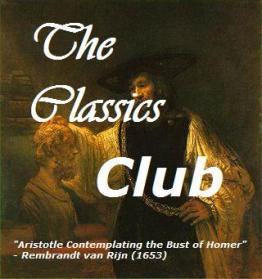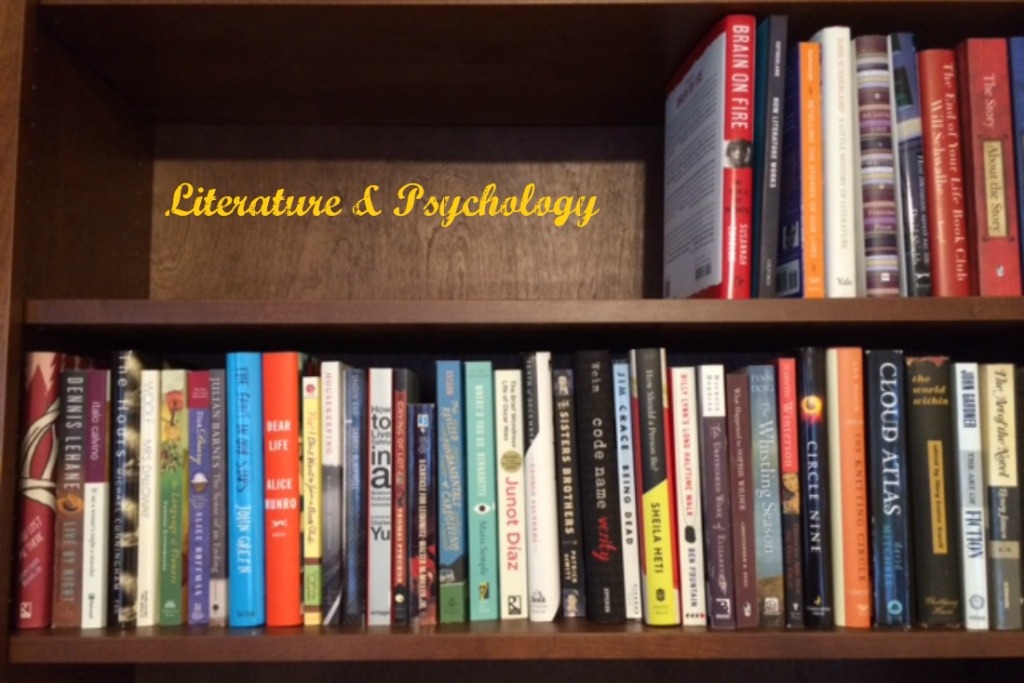Rereading “Caddie Woodlawn” by Carol Ryrie Brink
Brink, Carol Ryrie. Caddie Woodlawn Original publication date: 1935 rpt. New York: Simon & Schuster, 2007 eISBN 978–1–4424–6858–0 Part of the charm of rereading, as an adult, books that I read as a child is understanding and appreciating how I must have reacted to the books back then. I didn’t remember much about Caddie Woodlawn […]
Rereading “Caddie Woodlawn” by Carol Ryrie Brink Read More »



